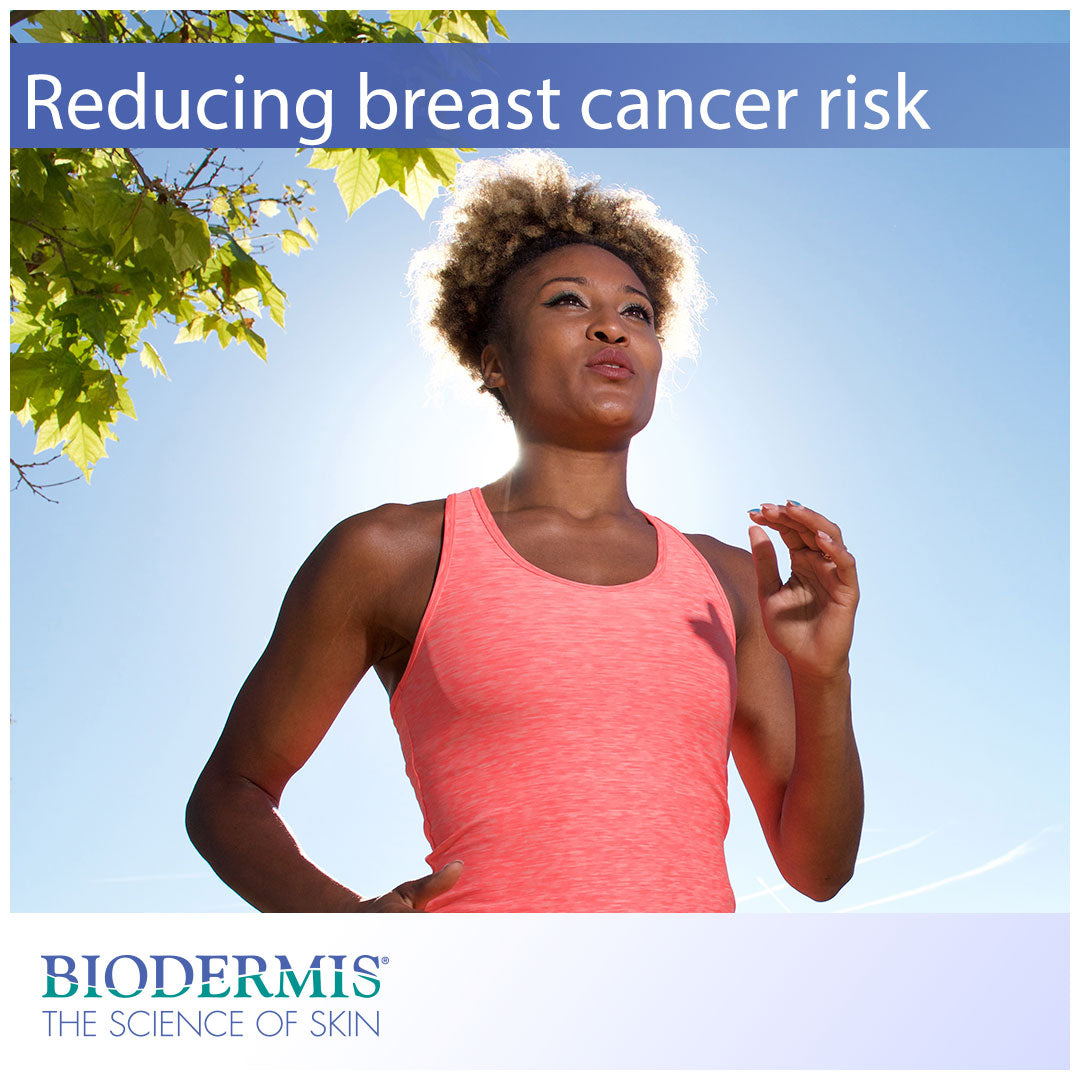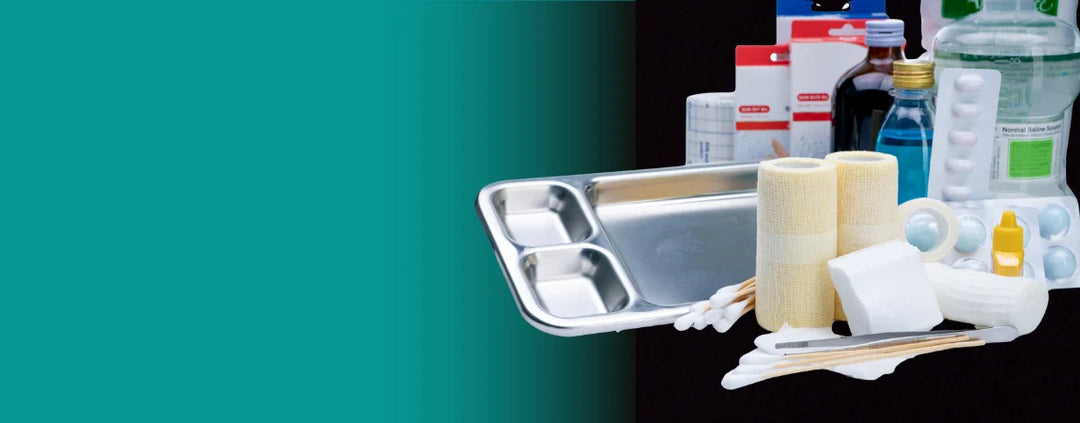Although there is no way to completely eliminate your risk of breast cancer, there are steps you can take to reduce it. Many risk factors are beyond your control, such as being born female and aging. There is science to support that there are risk factors you can control to lower your risk.
For women who are known to be at increased risk for breast cancer, there are additional steps that might reduce the risk of developing breast cancer.
Diet and exercise
Body weight: Both increased body weight and weight gain as an adult are linked with a higher risk of breast cancer after menopause. The American Cancer Society recommends you avoid weight gain and maintaining a healthy body weight throughout your life. A balanced diet and exercise routine are the key components for success.
Exercise: The American Cancer Society recommends that adults get a minimum of 150 to 300 minutes of moderate exercise or 75 to 150 minutes of vigorous exercise each week, preferably spread throughout the week. Many women combine some amount of moderate and vigorous exercise.
Limit alcohol: Alcohol increases risk of breast cancer, so eliminating alcohol from your diet is naturally the best option, as even small amounts of alcohol consumption have been linked with an increase in cancer risk. For women who do drink, they should have no more than 1 alcoholic drink a day. For reference, a drink is 12 ounces of beer, 5 ounces of wine, or 1.5 ounces of 80-proof distilled spirits or hard liquor.
Other factors that might lower risk: Breastfeeding for several months or more after childbirth may reduce breast cancer risk.
For women at increased risk of breast cancer
For women at increased risk for breast cancer there are some things you can consider that may lower your breast cancer risk:
- Genetic counseling and testing for breast cancer risk
- Medications to lower breast cancer risk
- Preventive surgery, such as a mastectomy
- Close observation to detect early signs of breast cancer
When preventative surgery is the best option to manage breast cancer risk
If and when the decision is made to choose surgery as the method for breast cancer risk reduction, many women worry about the resulting scars.
There are clinically-proven products you can use to reduce the scarring resulting from breast surgery. Silicone gel technology for scars is the only evidence-based topical treatment a person can use to help flatten and fade their scars. Silicone gel sheets like Epi-Derm are available in specific shapes for breast surgery scars. Many physicians also recommend a more convenient option, the Pro-Sil Silicone Stick for Scars, or the Episof Silicone Pump.
Whether you have an old or new scar that was caused by a skin condition, medical-grade silicone gel should be your first therapy option. Topical silicone for scars can be attained through your physician or online at biodermis.com.
Biodermis is an innovative market leader with 30 years of expertise in the medical silicone industry. Visit Biodermis.com today to explore a complete range of scar management and post-operative care solutions.
Biodermis offers custom tailored referral programs designed to simplify and reduce the cost of your patients' post-op care. Additionally, we offer professional pricing if you opt to retail our products. Give us a call at 800.322.3729, and we will be happy to provide additional details on these programs.



